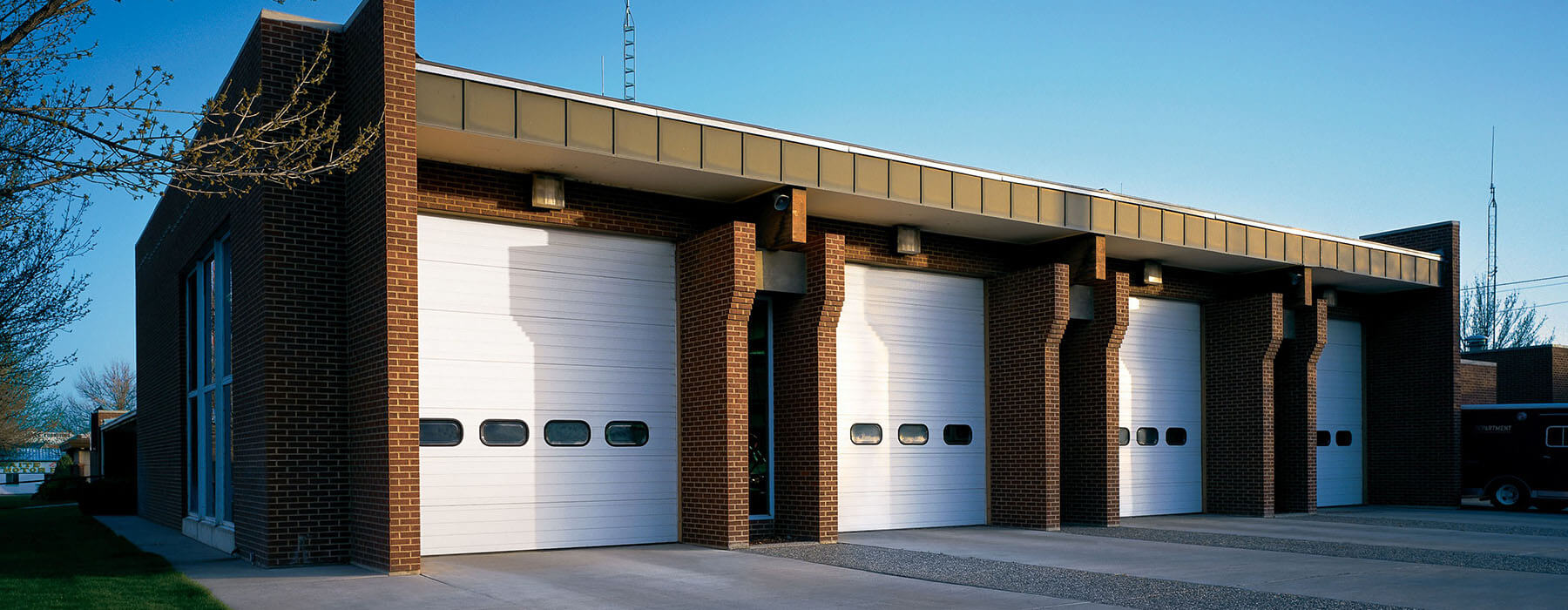
What is Rust?
Rust is actually the common name for iron oxide. Three things are required for iron to become iron oxide:
- Iron
- Water
- Oxygen
The corrosion which causes iron oxide is due to water combining with carbon dioxide in the air, forming a weak carbonic acid. As the acid forms and the iron dissolves, water breaks down into hydrogen and oxygen. The oxygen and dissolved iron bond and turn into iron oxide or rust.
Causes of Garage Door Rust
Iron, water and oxygen are the three main factors of rust but other factors come into play when it comes to rust buildup on your garage door.
- Clearing snow away all winter. Water is a main component in rust, so all the snow we got this winter just increases the chances of corrosion affecting your garage door. What’s more, the chemical compounds in salt water and ice melt, which you likely used all winter, make corrosion occur much faster than water alone. Once spring comes, rain and humidity can also increase the chance rust will appear.
- Having a dirty door. Dirt is not only unattractive, but it actually traps the oxygen and water that iron needs to rust. Soil also contains pH levels and chlorides that can contribute to the acceleration of rust. The more dirt that builds up in your garage door’s joints and tracks, the faster it will corrode.
- The garage door’s material. The material of your garage door can also be a rust factor. Iron is obviously a component of iron oxide, and it includes many common materials that garage doors are made of like aluminum and steel. If your garage door’s iron material is thin, it will rust much faster than a thicker piece.
Steps to Prevent Rust
Now that you know what causes your residential garage door to rust, you can take steps to prevent it.
- Keep salt and water away from the garage door. While snow and rain are unavoidable, you can mitigate its damage to your garage door. Shovel snow away from the door and clear away salt once it has melted any ice buildup. Be sure rainwater and snow melt drain away from your garage and home.
- Periodically clean your garage door. Spring and fall are great times to give your garage door a good cleaning. Starting at the top of the panel of the door, dip a soft-bristled brush in a bucket of warm water and mild soap. Make small, gentle circles to gently lift and remove grime and dust. Start with one panel at a time or work your way down to the bottom in sections. Once you’re done, apply a coat of car wax to the metal, which serves as a barrier to salt, rain and dust.
- Oil your garage door joints. Dirt can also accumulate in your garage door’s tracks, springs and rollers. Use a silicone-based lubricant, which is long-lasting and provides moisture resistance, and work it into tight hinges, springs and other hard-to-penetrate areas. Not only will it protect the other metal parts of your garage door, but it will work more smoothly and quietly.
- Buy a better-quality garage door. There are some metals that resist corrosion better than others. These metals include stainless steel, aluminum, galvanized steel and copper, bronze or brass. Overhead Door of Sioux City and Overhead Door of Yankton sell residential garage doors made from these materials, including modern aluminum, insulated steel and traditional steel doors. Overhead also manufactures the Durafirm Door, which features a thick vinyl skin that resists rust. No matter which door you choose, you can rest assured that all Overhead residential garage doors are also made of a higher quality and come with available finishes that help extend the life of your door.
Don’t let rust ruin your garage door. Take these steps to prevent it and if the damage has already been done, contact us about replacing your old door with one you’ll love for years to come.




